The Evolution of the Assassin's Creed Series
The Assassin's Creed series is one of the most iconic and successful franchises in the video game industry. Released by Ubisoft in 2007, the series gained a global fan base with its mix of historical settings and unique storytelling. The innovative gameplay and ability to transport players to different historical periods turned Assassin's Creed into a landmark title, constantly evolving with new gameplay styles, stunning visuals, and increasingly intricate stories.
In addition to its main titles, the franchise includes spin-offs, mobile games, and virtual reality experiences. This article explores the entire series, from the main games to spin-offs, highlighting their unique aspects and impact on the gaming world.

Main Assassin’s Creed Games
Assassin's Creed (2007)

The game that started it all. Assassin's Creed immersed players in the conflict between the Assassins and the Templars, two factions vying for control over humanity’s free will. The protagonist, Altaïr Ibn-La'Ahad, is part of the Assassin Brotherhood during the Third Crusade in the 12th century. Set in iconic cities like Jerusalem, Damascus, and Acre, the game was praised for its innovative mechanics, including parkour, stealth combat, and blending into diverse crowds.
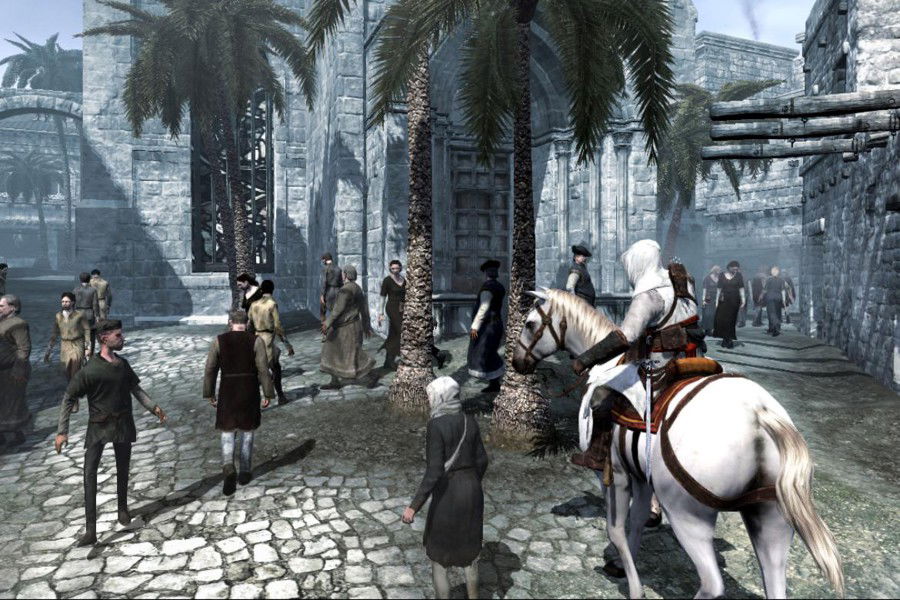
Although some criticized its repetitive mission design, Assassin's Creed established a strong foundation for a franchise that would grow to global fame. Its compelling narrative, alternating between historical events and the modern-day story of Desmond Miles, left players wanting more.
Assassin's Creed II (2009)
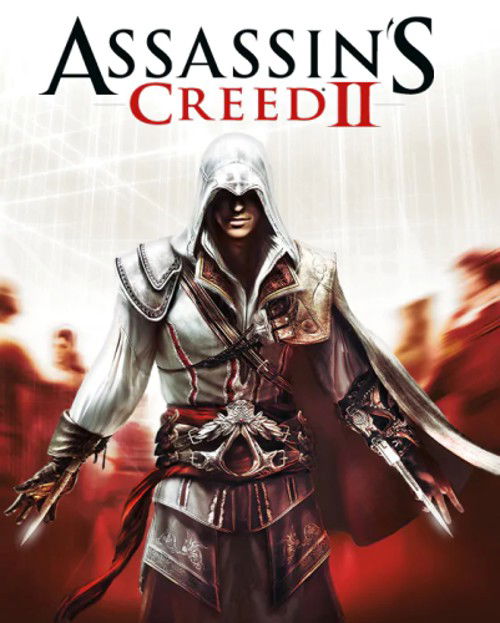
Widely considered the best in the series, Assassin's Creed II propelled the franchise to greater heights. Players step into the role of Ezio Auditore da Firenze, a young Italian nobleman who becomes an Assassin after a family tragedy. The story unfolds during the Italian Renaissance in famed cities like Florence, Venice, and Rome.
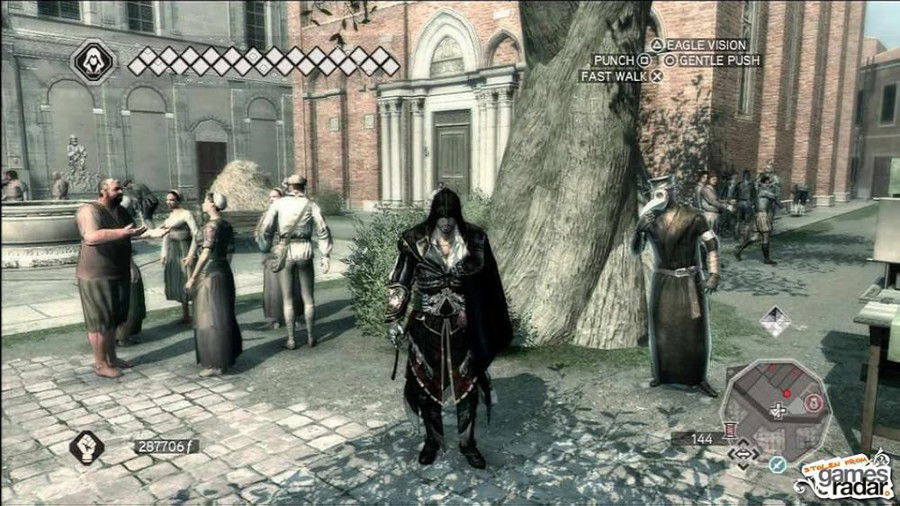
Assassin's Creed II brought major improvements, including deeper character progression, diverse side missions, and villa management. Ezio’s journey of revenge, redemption, and discovery captured the hearts of players and solidified the series' legacy in the gaming industry.
Assassin's Creed: Brotherhood (2010)

The saga of Ezio continues in Assassin's Creed: Brotherhood, primarily set in Rome. Here, Ezio battles the Templars while rebuilding the Assassin Brotherhood, recruiting and training new members. The game featured refined combat mechanics and the ability to call on allies during missions.
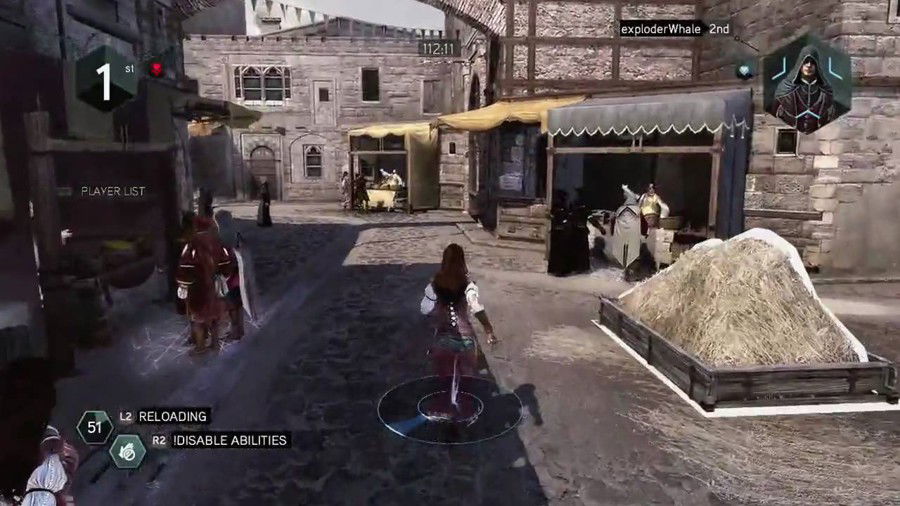
A standout innovation was the introduction of multiplayer mode, allowing players to engage in stealth-based competitive matches. This became an exciting addition to the series and was warmly received by the community.
Assassin's Creed: Revelations (2011)

The final chapter of Ezio's trilogy, Revelations, takes players to Constantinople at the height of the Ottoman Empire. Here, Ezio, now older and seasoned, searches for answers about the Assassins' legacy. The story also delves deeper into Altaïr’s past, bridging their narratives.
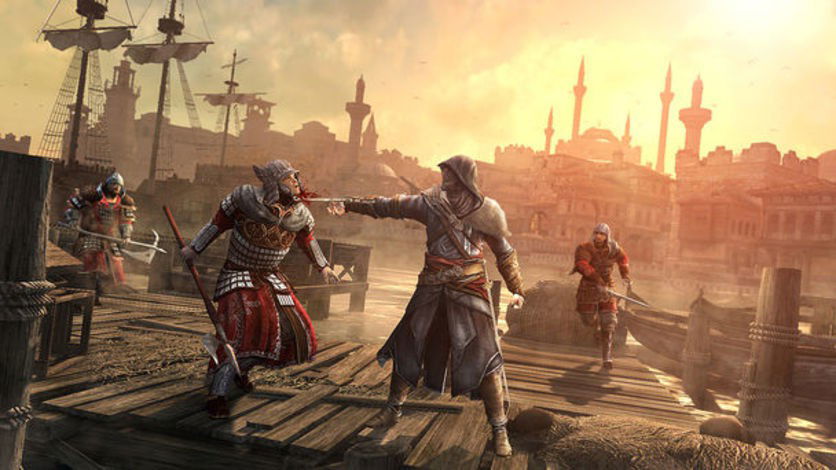
Revelations refined the established formula with better combat and puzzle-like elements through Desmond’s Memories, enriching the game’s story.
Assassin's Creed III (2012)
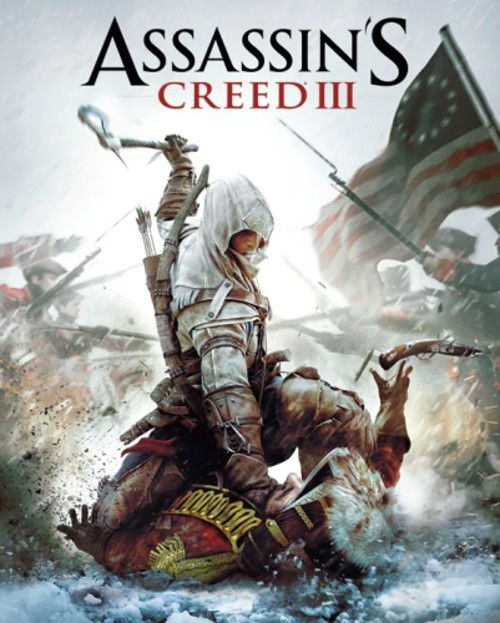
With Assassin's Creed III, the series shifted to Colonial America during the American Revolution. Players control Connor Kenway (also known as Ratonhnhaké:ton), a Native American protecting his people and land from the Templars.

The game introduced expansive open-world environments, featuring forests, towns, and large-scale battles. Naval combat, a recurring feature in subsequent games, was first presented here. Though praised for its ambition, the game faced criticism for pacing and technical issues.
Assassin's Creed IV: Black Flag (2013)

Black Flag, regarded as one of the franchise’s best entries, casts players as Edward Kenway, a pirate and Connor’s grandfather. The game explores the Caribbean during the Golden Age of Piracy, focusing on naval exploration and ship combat.
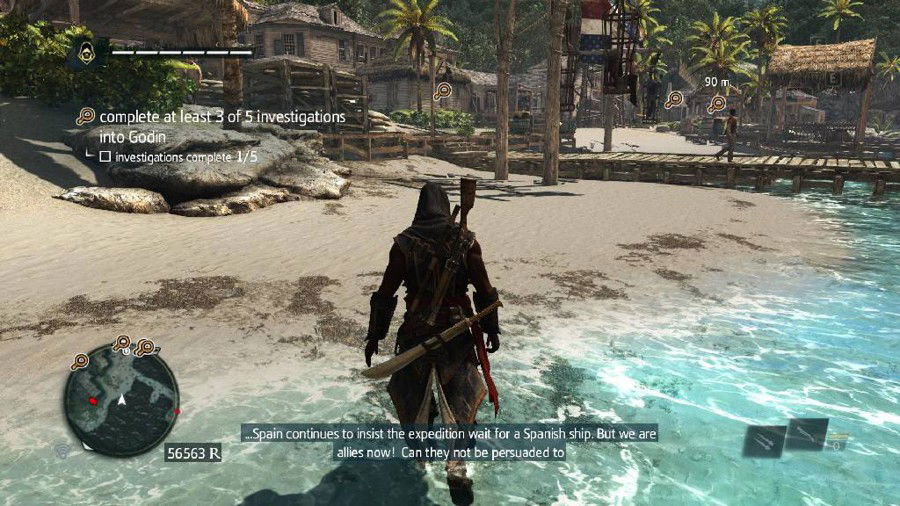
The refined naval mechanics introduced in Assassin's Creed III were greatly expanded, allowing players to explore islands, hunt treasures, and engage in epic sea battles. Edward’s transformation from a reckless pirate to a dedicated Assassin was met with widespread acclaim.
Assassin's Creed Rogue (2014)

Rogue offers a unique twist by placing players in the role of Shay Patrick Cormac, an Assassin who turns Templar. Set during the Seven Years' War, the game highlights the moral complexities of the Assassin-versus-Templar conflict.
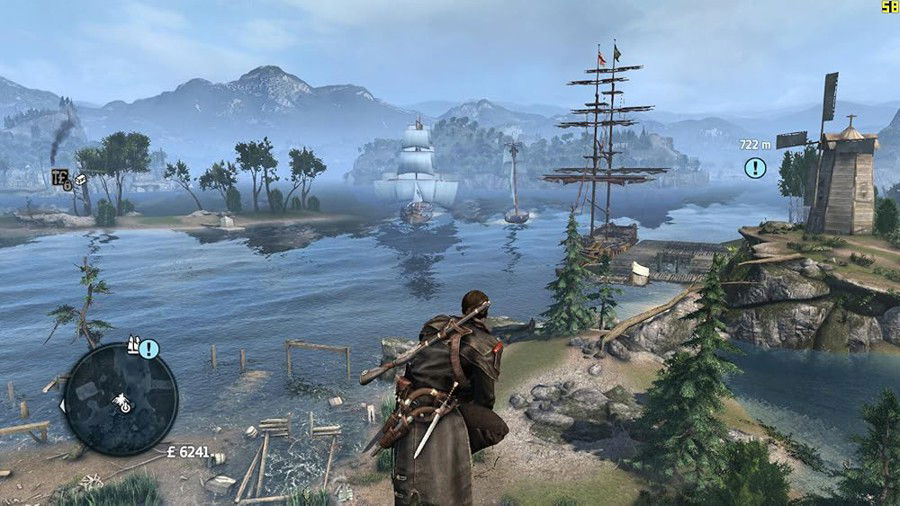
Borrowing heavily from Black Flag’s gameplay, including maritime exploration, Rogue bridges the narratives of Black Flag and Unity.
Assassin's Creed Unity (2014)

Set during the French Revolution, Assassin's Creed Unity introduces players to Arno Dorian, a young man seeking vengeance while joining the Assassins. The game was praised for its rich detail in recreating Paris and its graphical advancements.
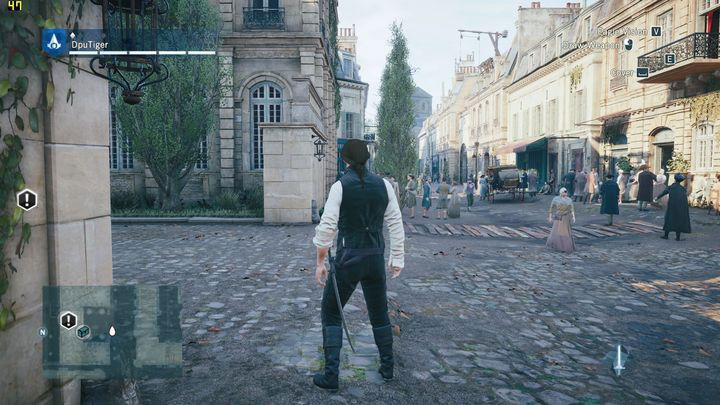
The co-op mode, allowing up to four players to collaborate, was a notable addition. However, the launch was marred by numerous technical issues, affecting the overall reception.
Assassin's Creed Syndicate (2015)

Set in 1868 during the Industrial Revolution, Assassin's Creed Syndicate follows the twin siblings Jacob and Evie Frye, navigating the criminal underworld to reclaim order from Templar control in Victorian London.
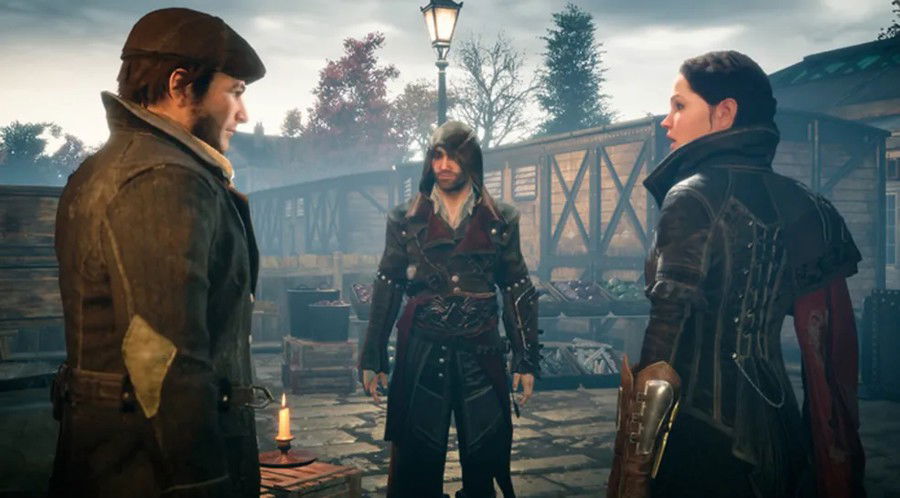
The game introduced smoother melee mechanics and tools like the grappling hook for faster navigation. The well-developed alternating storyline between Jacob and Evie received widespread praise.
Assassin's Creed Origins (2017)
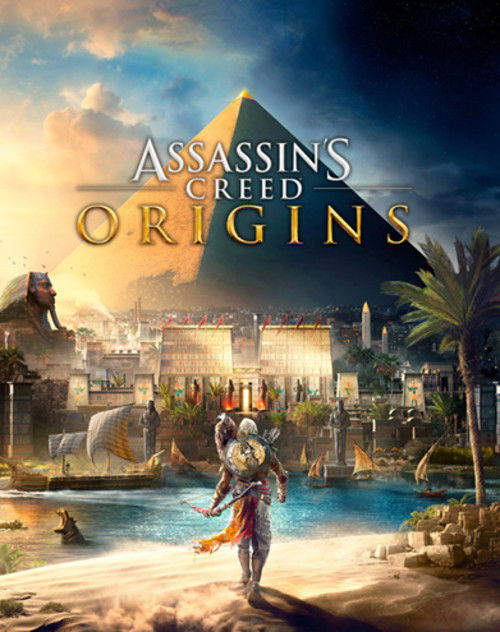
Origins reimagined the Assassin's Creed formula. Set in Ancient Egypt, the story explores the birth of the Assassin Brotherhood through Bayek, a Medjay driven by vengeance for his son’s death.
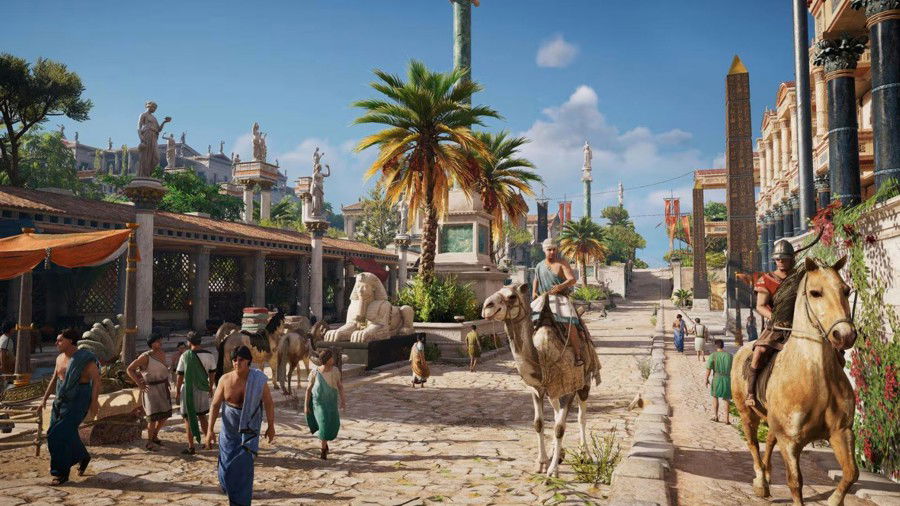
With action-based combat and RPG elements like leveling and skill trees, Origins won fan acclaim for its richly detailed open world and engaging narrative.
Assassin's Creed Odyssey (2018)
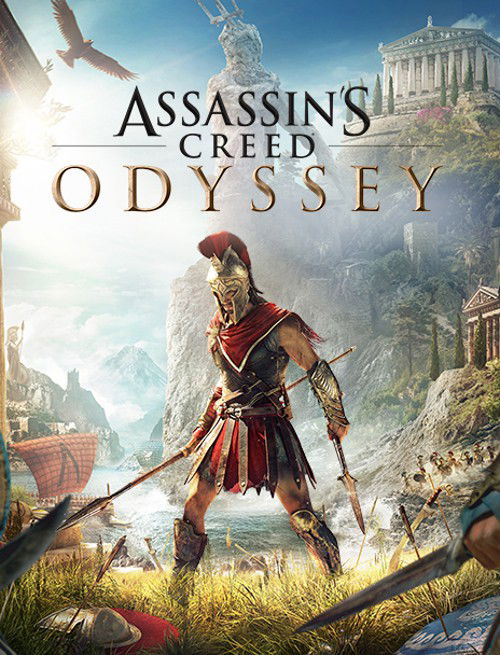
Odyssey took the series deeper into RPG territory. Featuring dialogue options, multiple endings, and a more intricate progression system, the game is set in Ancient Greece during the Peloponnesian War. Players can choose to play as either Alexios or Kassandra.
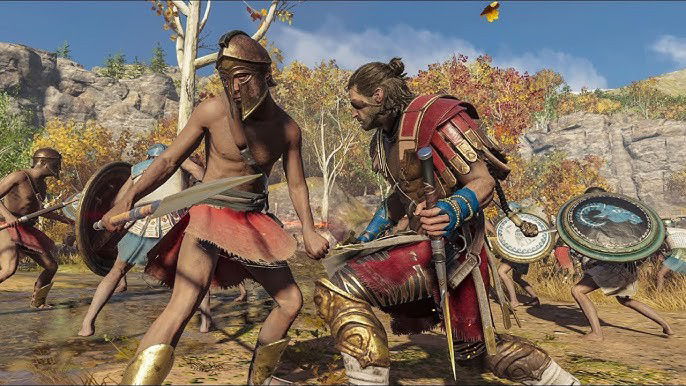
The expansive open world, featuring islands, cities, and maritime exploration, was one of the game’s highlights. Mythological elements, such as legendary creatures and gods, further enriched the experience.
Assassin's Creed Valhalla (2020)

Valhalla takes players to the Viking Age, with the protagonist Eivor, a Norse warrior leading their clan in the conquest of England. The game blends RPG elements with the classic action of Assassin's Creed.
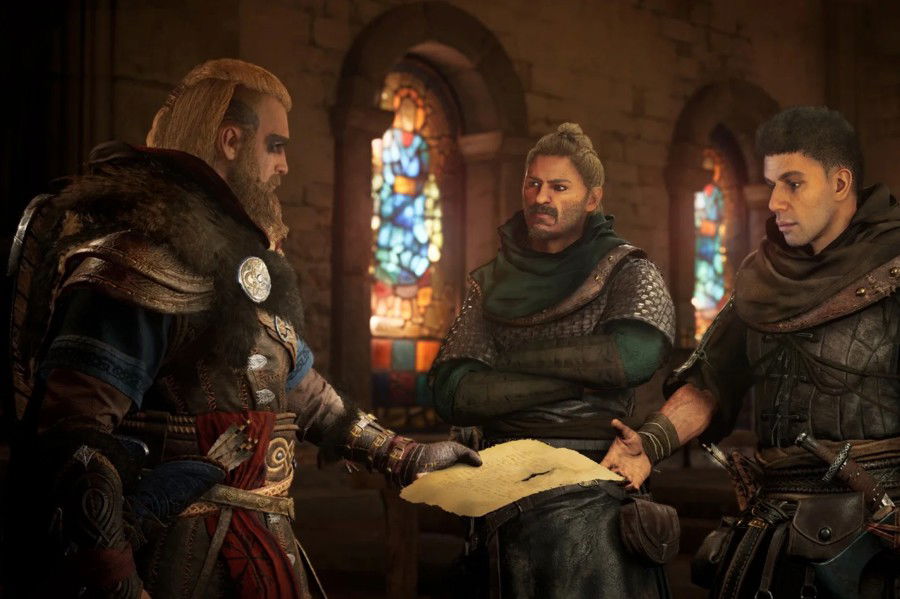
Valhalla is highly praised for its narrative, detailed open-world design, and the ability to customize gameplay styles. The game also delves into Norse mythology, featuring supernatural elements.
Assassin's Creed Mirage (2023)
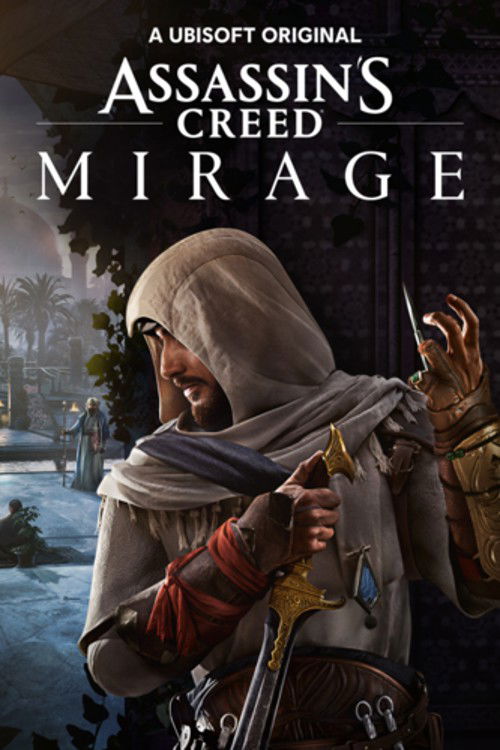
Mirage marks a return to the series’ roots, focusing on parkour, stealth, and a linear narrative. Set in Baghdad during the Islamic Golden Age, the game follows the story of Basim, a character introduced in Valhalla.

Basim experiences terrifying visions and embarks on a quest for answers and justice. Mirage offers a gameplay experience with fewer RPG elements and a stronger focus on the traditional Assassin’s Creed formula.
Assassin's Creed Shadows (2025)
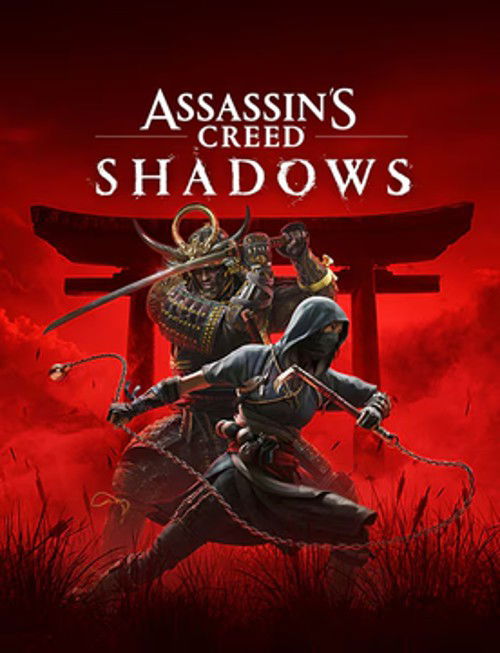
Assassin's Creed Shadows is set in Feudal Japan, specifically in 1579, during the Azuchi-Momoyama period. This era marks the final stage of the Sengoku period, a time of intense civil war in Japan. The game features Nobunaga Oda at the height of his power following his victory over the Takeda clan using arquebus firearms. Major historical events include Nobunaga's attack on the Iga Province in 1581, a significant battle involving the Iga ikki, renowned for their ninjutsu skills.
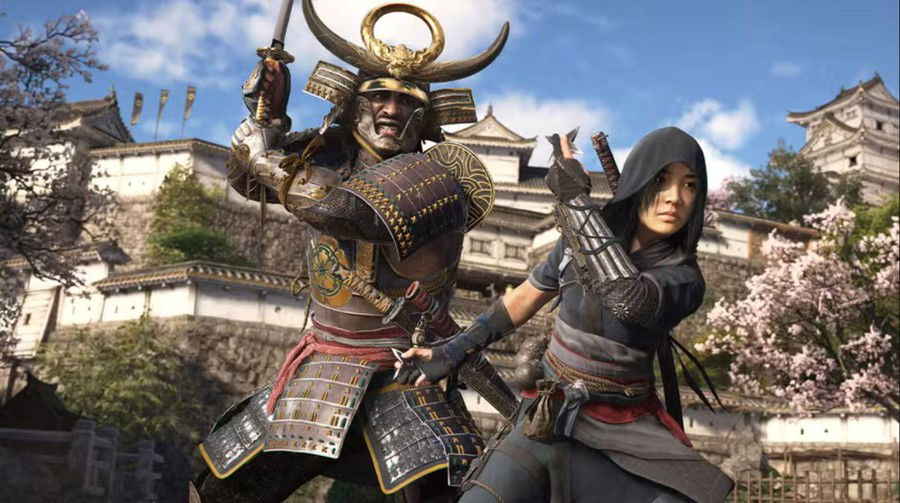
The game explores central Japan, including regions like Kyoto, Kobe, Osaka, and the Iga Province, featuring historically accurate castles such as Takeda Castle. The setting promises a vibrant world with urbanized cities, busy ports, samurai quarters, and ornate architecture, all integral to parkour and exploration gameplay. The influence of Portuguese merchants and Jesuit missionaries, who introduced Christianity and technologies like cannons and firearms, also shapes the game’s environment and narrative.
Spin-offs and Other Assassin's Creed Games
Assassin's Creed: Altaïr's Chronicles (2008)
A mobile and Nintendo DS game, Altaïr's Chronicles serves as a prequel to the first Assassin's Creed. The game follows Altaïr on a mission to recover a mysterious artifact. Despite technical limitations, it added depth to the series’ universe.
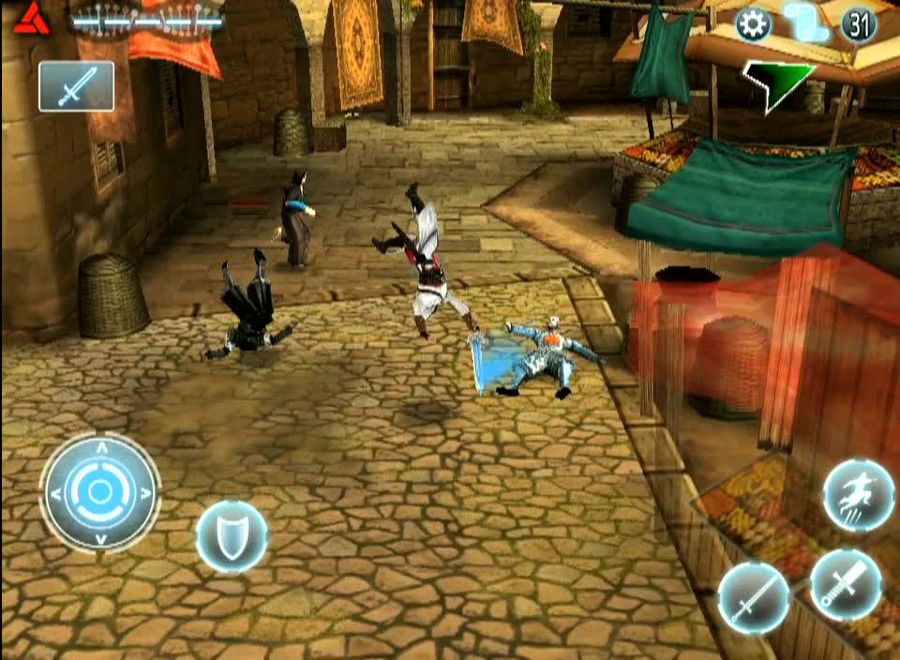
Assassin's Creed: Bloodlines (2009)
Exclusive to PlayStation Portable (PSP), Bloodlines explores Altaïr's story following the events of the first game. It delves into his relationship with Maria Thorpe, a Templar.
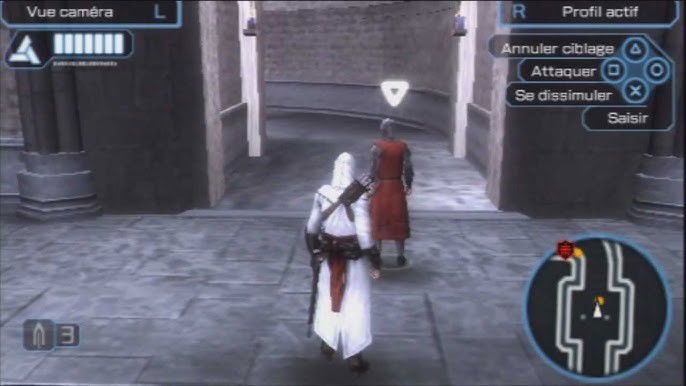
Assassin's Creed II: Discovery (2009)
A spin-off for Nintendo DS and iOS, Discovery follows Ezio on a mission in Spain. The game features simpler gameplay focusing on action and platforming.
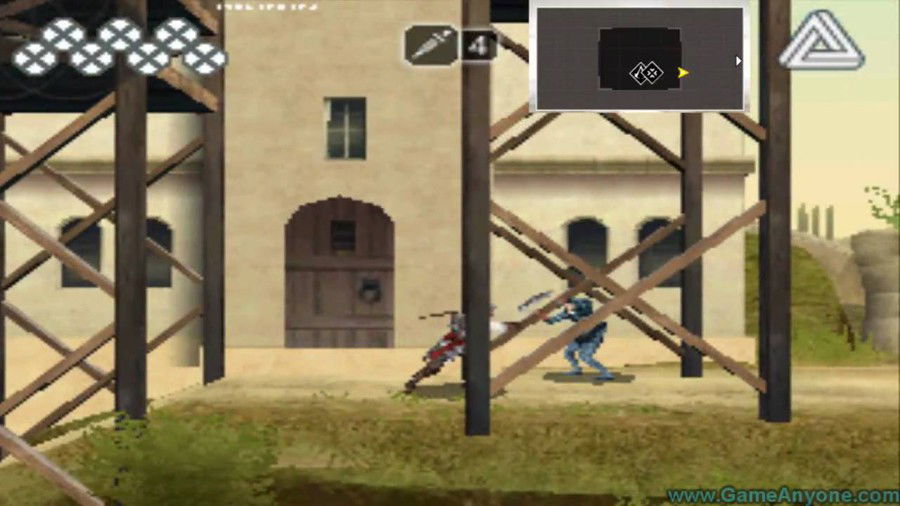
Assassin's Creed: Project Legacy (2010)
A browser-based game that expanded the series’ lore by allowing players to explore historical events through text-based missions.

Assassin's Creed: Multiplayer Rearmed (2011)
A mobile version of the multiplayer mode featured in Brotherhood, developed for iOS.

Assassin's Creed: Recollection (2011)
A real-time strategy game for iOS combining card elements and narrative.
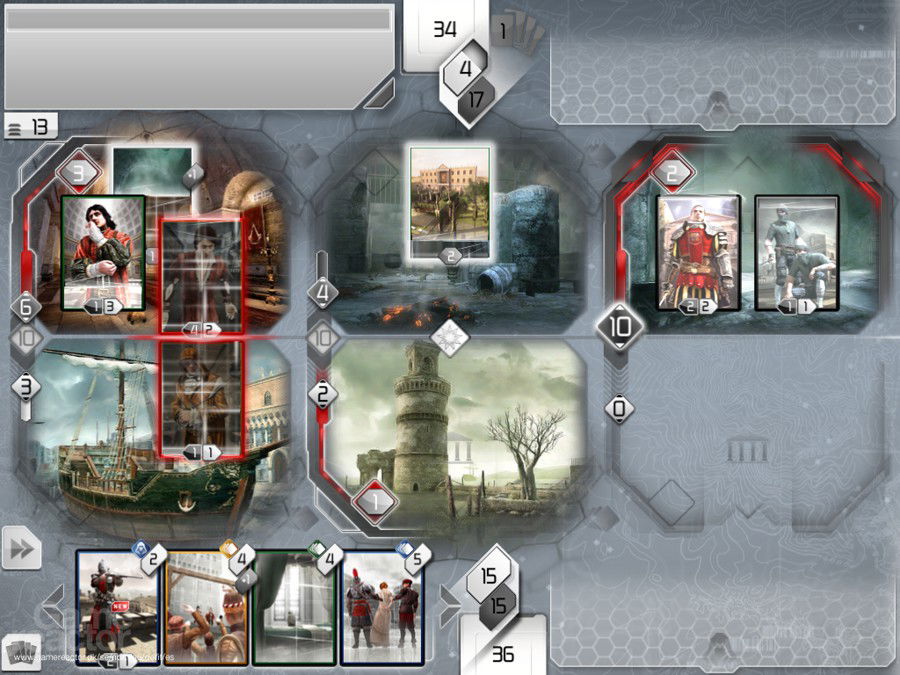
Assassin's Creed III: Liberation (2012)
Originally released for PlayStation Vita, Liberation follows Aveline de Grandpré, the series’ first female protagonist. The game was later remastered for consoles and PC.
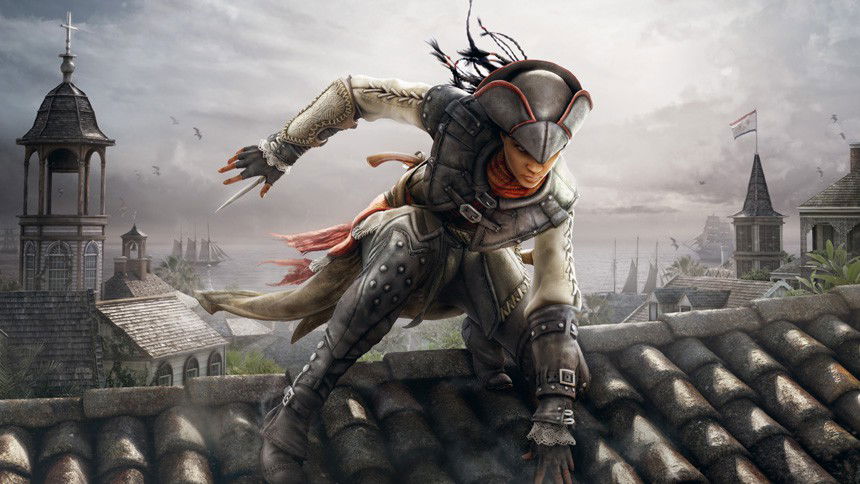
Assassin's Creed: Pirates (2013)
A mobile game focused on naval combat, Pirates allowed players to command ships and explore the Caribbean.
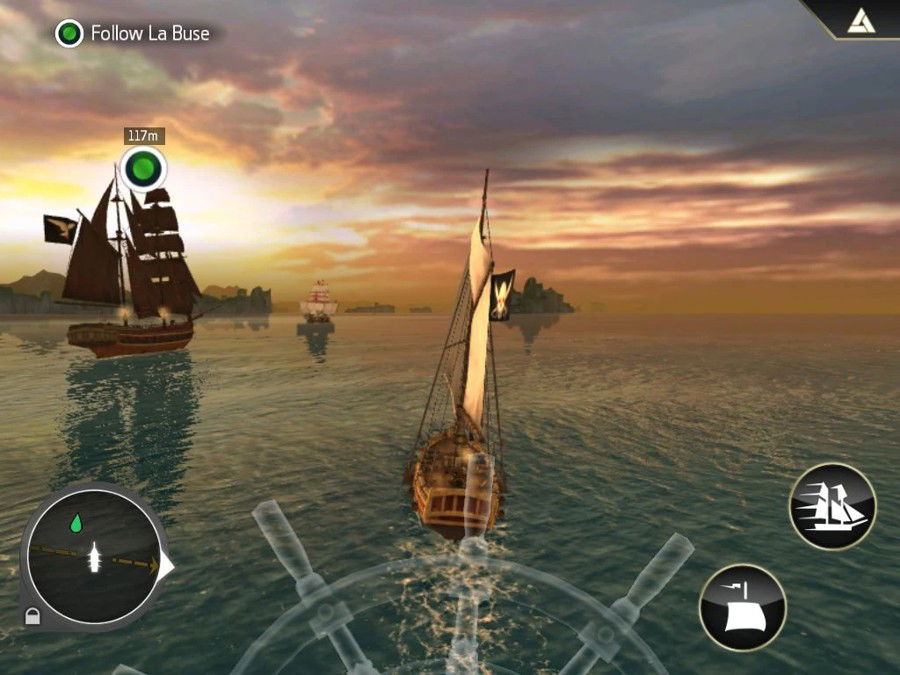
Assassin's Creed Freedom Cry (2014)
Initially a DLC for Black Flag but later released as a standalone game, Freedom Cry follows Adéwalé, a former enslaved man turned Assassin, in his battle for freedom in the Caribbean.
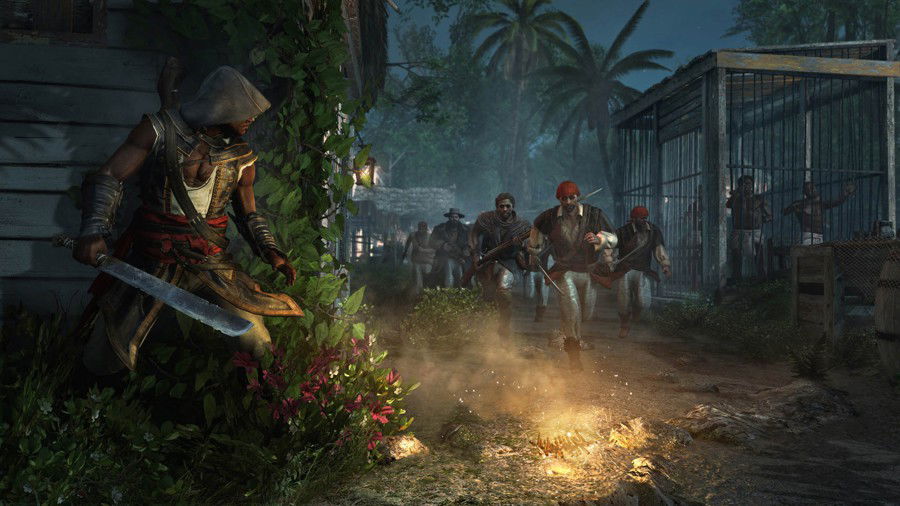
Assassin's Creed: Memories (2014)
A collectible card game for iOS that allowed players to relive historical battles.
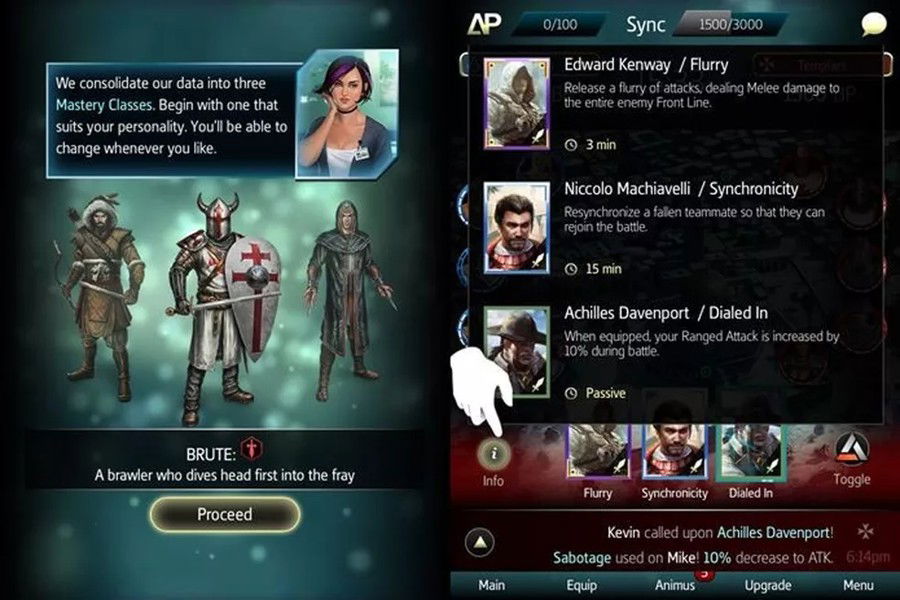
Assassin's Creed Chronicles: China, India, and Russia (2015–2016)
A trilogy of side-scrolling games exploring unique cultures and historical periods, each featuring a distinct protagonist and style.
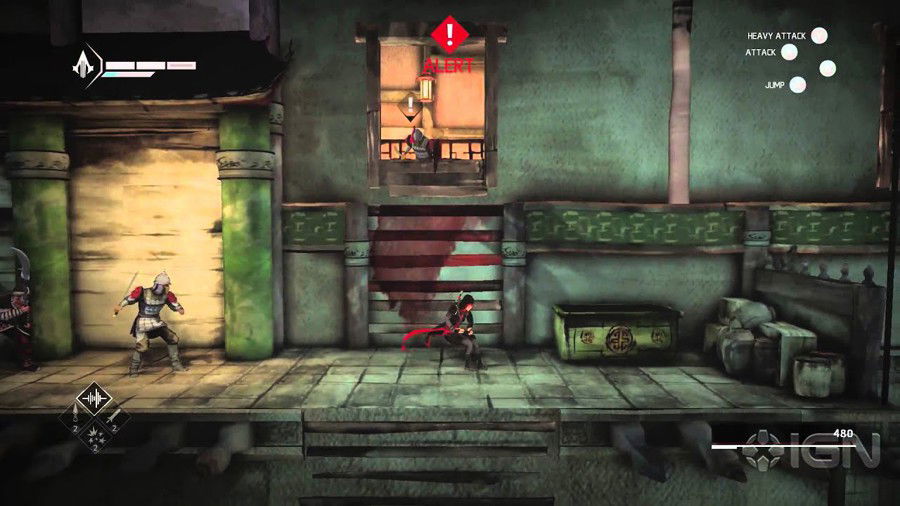
Assassin's Creed Identity (2016)
A mobile RPG that let players create their own Assassin and complete missions in iconic locations from the series.
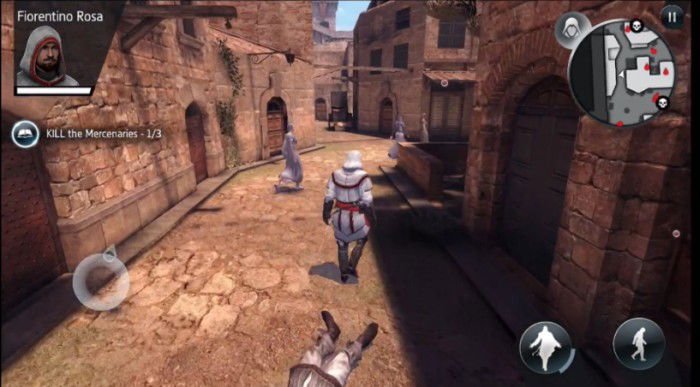
Assassin's Creed Rebellion (2018)
A mobile strategy game where players could manage an Assassin Brotherhood and complete tactical RPG missions.

Assassin's Creed Nexus VR (2023)
A virtual reality experience that allows players to immerse themselves in the Assassin's Creed universe through first-person gameplay. Available for Meta Quest 2, 3, and Pro.
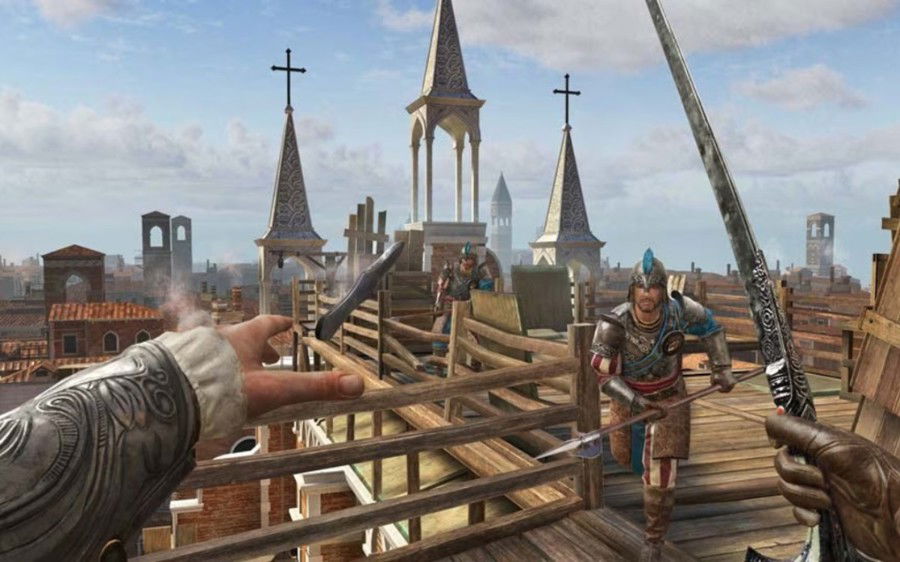
Assassin's Creed Jade (2025)
A mobile game set in Ancient China, Jade promises to bring the classic gameplay experience of the series to Android and iOS devices.
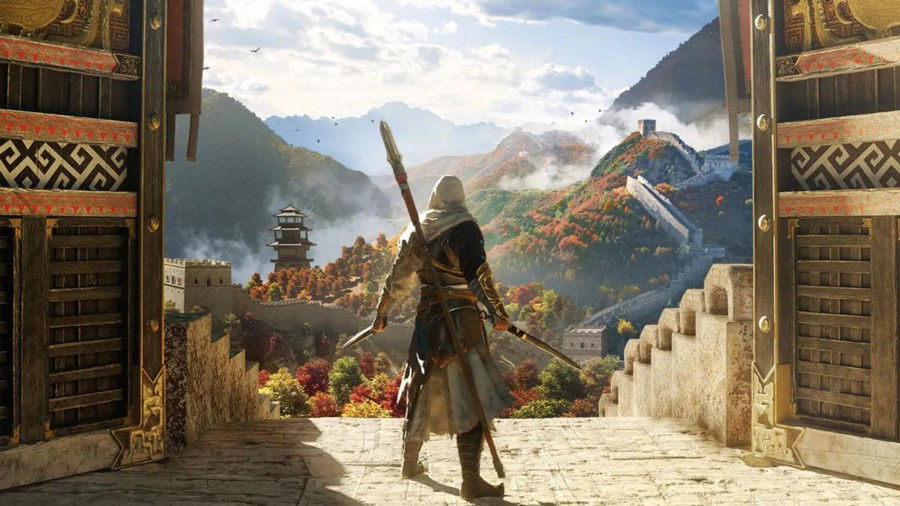
Conclusion
The Assassin's Creed series is a phenomenon in the gaming industry, known for its rich storytelling, innovative gameplay, and unique ability to transport players to various historical periods. From its debut in 2007 to its latest releases, the franchise has continued to evolve, exploring new gameplay styles and expanding across multiple platforms.
With main titles spanning from the Third Crusade to the Viking Age, and spin-offs diving into unique stories and cultures, Assassin’s Creed offers something for every type of player. The release of Shadows hints at an exciting future for the franchise.
Whether climbing the rooftops of Florence with Ezio, sailing the Caribbean seas with Edward, or navigating the icy landscapes of England with Eivor, Assassin’s Creed reminds us that history isn’t only something we read in books; it’s a world we can live and feel through the power of video games.














— Comments 0
, Reactions 1
Be the first to comment